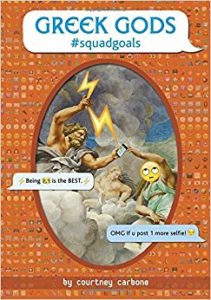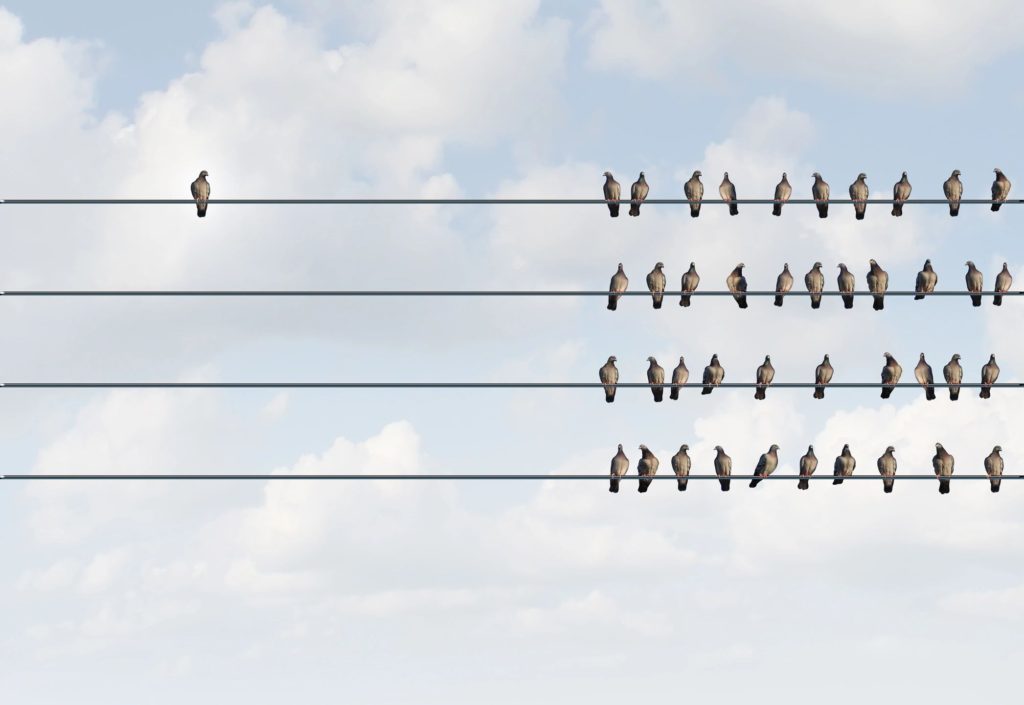 Have you read Meta’s new terms of service (TOS)? Even if you don’t have an account on Facebook, Instagram, Threads, Messenger, or WhatsApp, you may still be bound by its disgraceful overreach.
Have you read Meta’s new terms of service (TOS)? Even if you don’t have an account on Facebook, Instagram, Threads, Messenger, or WhatsApp, you may still be bound by its disgraceful overreach.
Many of us—me included—forfeited our right to privacy when we joined social media. What’s the alternative? If authors want to sell books, they need to have an online presence. So, when social media giants like Meta update their TOS, we barely give them a glance.
This time, it’s a mistake to accept or click the box away without reading what rights you’re granting. By using any of Meta’s sites and/or products after Jan. 1, 2025, you will be bound by its new TOS.
Thank God for the writing community’s sharp eyes and willingness to share information. A couple of weeks ago, writer friends warned me of Meta’s update to their terms of service in our “super-secret” author group on Slack.
What is Slack?
If you’re not familiar, Slack is a fantastic app for collaboration—blogmates, writing teams, authors in the same story world or collection, etc.—away from the prying eyes of social media giants. When you post within your designated group, no one but the members have access to your shared information or discussions. Many companies and corporations use Slack to stay in touch with their employees. Using Slack as an author group also saves your email inbox from replies that don’t apply to you. Highly recommend.
Meta’s Overreach
One of the authors in my group brought up the update to Meta’s terms of service. As if Zuckerberg hadn’t collected enough information on us, these new terms violate any right to privacy we had left. And not just while using a Meta platform. Now, we are always bound by their ridiculous terms, on or off Meta, because we have an account on Facebook, Instagram, WhatsApp, or Threads.
Even if you’re not active on social media, you are still bound if you use one of Meta’s products, such as Messenger or Marketplace.
Private or Direct Messages (PMs or DMs) Are Not Private
No online messages are private. You know that, right? Be careful of what you discuss. Big Brother monitors and stores your conversations.
Meta’s new TOS reaches beyond other social media PMs. When you click “accept” to its updated terms, you will grant Meta the right to read your private messages (nothing new) and use, share, copy, or sell, in whole or in part, in any way it wants, including but not limited to, training and developing its AI models.
Content
Any and all content you post to one of its platforms or products will include an automatic license for Meta to use, distribute, share, copy, sell, in whole or in part, in any way it wants, including but not limited to, AI content that may directly compete with you. Doesn’t matter if the content is your intellectual property. By using Meta after Jan. 1, 2025, you will automatically grant them free rein once you upload.
Want to share selfies with your new puppy or a family photo with friends and family? All your photos and videos, including your voice(!) and language, Meta will have the right to copy, share, sell, distribute, or use, in whole or in part, including but not limited to, training its AI models.
AI Features
Meta categorizes AI as a separate license—perhaps to make it more palatable—but is it? Not really. The moment you use any AI feature, like to search Facebook for a friend’s profile—the only search feature available now—you will automatically grant the same license, with no way to opt out. Sure, Meta says you can ask that your content not be used to develop or train AI, but it retains the right to deny your request. The only surefire way to opt out is to delete your content and/or account.
What if You Delete Your Meta Account?
Might not matter. Even if you don’t have an active Facebook, Instagram, Threads, or WhatsApp account, you could still be consenting to Meta’s new TOS if a friend or family member sends you a funny meme or Reel. Once you click that link to view Meta content, these new terms apply to you, effective Jan. 1, 2025.
Other Concerns
Meta admits to using AI but stops short of specifying how it plans to use our content to develop future AI models. This lack of transparency leaves creators vulnerable to their work being exploited.
Do not assume the omission works in your favor. The absence of clear disclosures about AI practices sets a dangerous precedent for big tech. You may think sharing selfies or photos of your children, significant other, or your home isn’t a big deal, but it is. The new AI license allows Meta to exploit you and your family.
Though you retain ownership over your content, Meta’s broad license to “use” it creates a gray area. What prevents Meta from repurposing your photo or video in marketing campaigns? Absolutely nothing.
By continuing to use a Meta platform, you agree to future terms. On Jan. 1, 2025, you will hand Meta a blank check to rewrite the rules at any time without the need to notify you for consent.
The more data Meta collects, the stronger its stranglehold on users. Nothing prevents Meta from selling your information to data brokers that will learn almost everything about you from your content, language, behavior, and so-called private messages. They in turn, sell your data to advertising markets. Or worse, use it to train AI without compensation or your consent.
I wouldn’t dare post a novel excerpt in 2025. I used to create video excerpts of all my books, which worked great as a marketing strategy. Now, finding all that old content on Meta will be a near-impossible feat. Even though I posted the video excerpts prior to Jan. 1, 2025, the new terms will supersede the old.
What’s a writer to do? Suggestions welcome!
Did you read Meta’s new TOS? Will you continue to use Facebook, Instagram, or Threads in 2025? Does anyone use WhatsApp? Can’t imagine it’d be helpful for authors. Please correct me if I’m wrong.
When you’ve worked for years to gain a following on one or more of Meta’s platforms, it is not an easy decision to delete your account. What alternatives do we have? Blogging, Substack, or Medium, I suppose.
Anyone use BlueSky?
I’ve heard mixed things about it. Most say, it’s comparable to X-Twitter, not Facebook. BlueSky claims “it offers a more decentralized, user-controlled experience with fewer ads and a cleaner interface, making it ideal for those who prioritize privacy and community.” However, it still lags behind X-Twitter in terms of features and user base.
The mere thought of building another audience from scratch exhausts me. How ’bout you?



